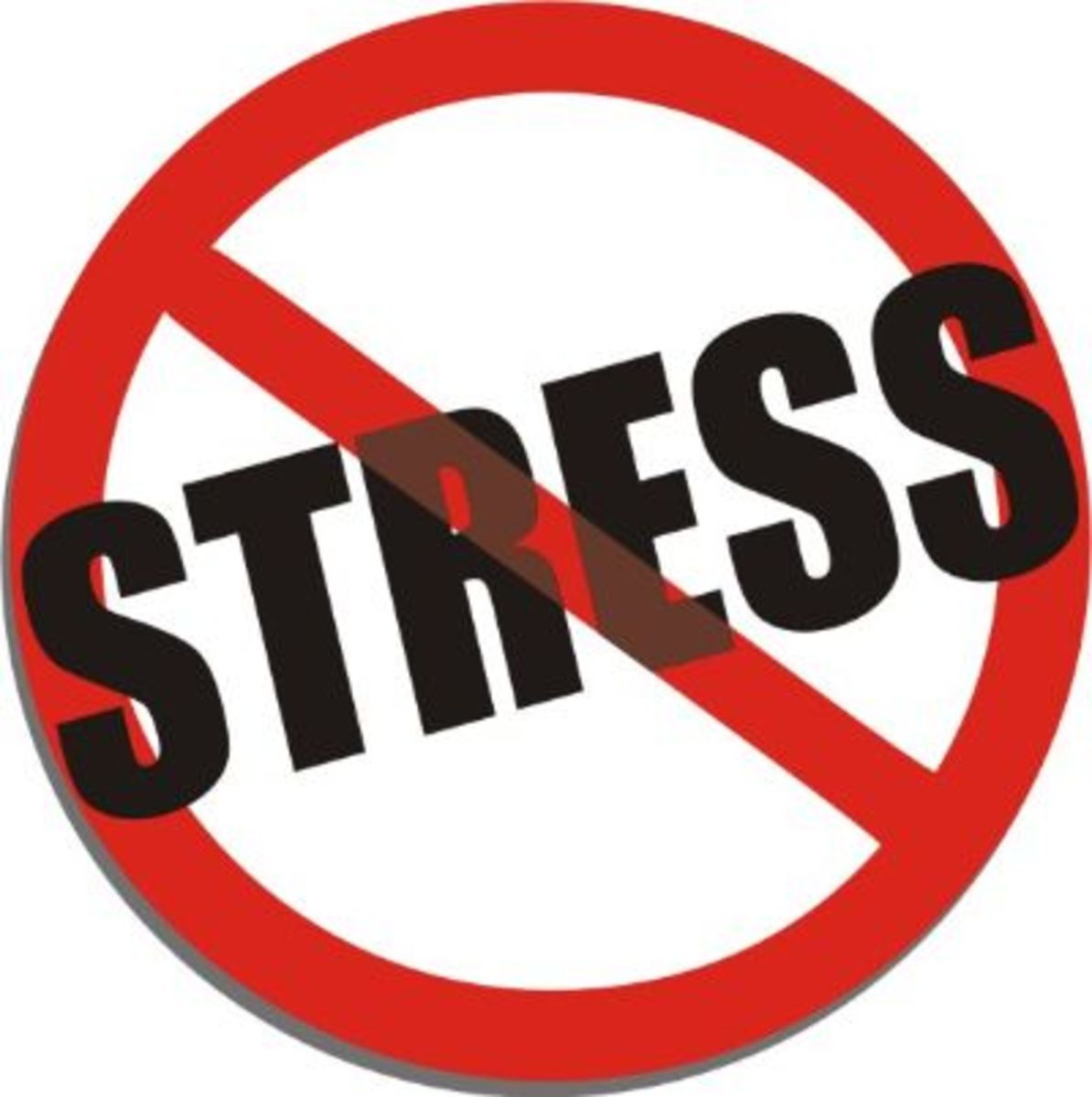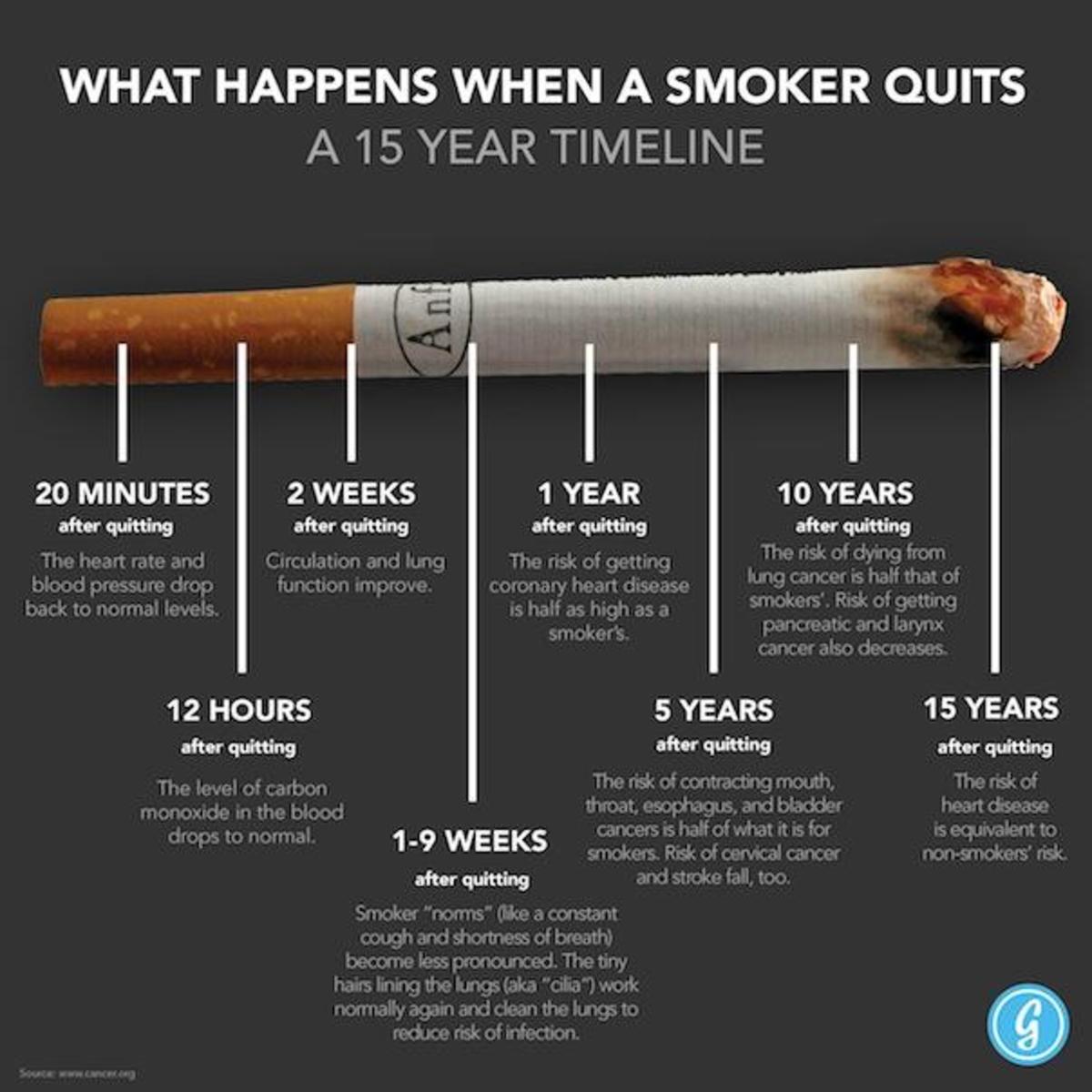How to Cope in Stressful Situations

Learning to Manage Stress Day by Day
In order to be able to cope with stressful situations or periods of crisis, the best motto is to be prepared. There are events, people and situations that cause stress reactions on a daily basis -- oversleeping, slow traffic, children crying, co-workers who don't perform -- the list can be endless. If you learn how to handle these day-to-day stresses, you can use some of those same methods to cope in a crisis or more stressful situation.
If what you've been doing to manage stress in your life hasn't been particularly successful or healthy, then using your present coping mechanisms in a tight spot isn't going to be successful either. Albert Einstein explained it this way, "Insanity: Doing the same thing over and over and expecting different results."

Make a List of Your Stress Management Strategies
Think back over the past few days or weeks and write down what you do when you feel anxious, tense, or under pressure. Use two columns, one for what you do to cope with stress that is successful and one for unsuccessful coping.
Take a second look at the column of coping mechanisms you use that are successful and cross out any that may be unhealthy like lighting up a cigarette, driving at excess speed, grabbing a doughnut, yelling and cursing and more. (Yelling and cursing out loud at the wrong person may one result in an altercation or lawsuit.)
If you believe the unhealthy mechanisms are truly worthwhile methods to manage stress, then read no further. If you're willing to exchange unhealthy and/or unsuccessful coping mechanisms for the stress in your life with ones known to make a difference, then please read on.
The Single Most Important Thing to Manage Your Stress

Tips for Staying Calm Under Pressure
Learn How to Handle Stressful Situations
The listed methods below, presented in no particular order, are known to be stress management tools. Each one doesn't work for every person, but there should be several listed that can work for you:
- Know that you are in control of you. Anxiety and pressure result when you feel out of control in a situation. You can't control what others do or say, but you are in control of your thoughts, feelings, attitude and actions. No one else makes you do anything; you choose to do or not do.
- Learn as much about the situation as you can. Get as much information as you need to assess the situation and understand the factors involved. Sometimes communication hasn't been clear or there are missing pieces to the entire story. This is another way in which you can exercise control of you.
- Be an assertive communicator. When you speak, use sentences with "I," explaining how you feel or think. You are then taking responsibility for yourself and not leaving others to wonder about your thoughts or concerns.
- Take a time-out. If you can, physically leave the stressful environment to clear your head. If leaving isn't practical, step into the restroom or find a quiet spot to be alone with your own thoughts.
- Avoid energy drains. If there are people in your life or certain situations that just suck the energy from you, leaving you feel drained, anxious or depressed, avoid them as often as possible.
- Recharge your energy. Take slow, deep breaths in through your nose, using your abdominal muscles, then slowly exhale through your mouth. Repeat until you feel a sense of calmness. Listen to uplifting music. Take a walk. Pump iron. Smell the flowers. Do whatever you can do in a given situation to recharge your inner battery.
- Be willing to compromise. Compromise is a bit of a win-win for both sides. Try to meet the other person in the middle, each of you getting something of what you want and each leaving something on the table.
- Avoid perfectionism, settle for excellence. Perfectionism is a cruel master. You don't need anyone else to cause you to be tense or feel pressured when you yourself accept nothing but perfection from you or those around you. Excellence is a reasonable goal and will allow your feelings of stress to dissipate.
- Positive thinking, positive attitude. It isn't easy at first to notice the negative thinking you have from time to time, but with focus, you can do it. Find a different way to think about that idea or perspective and turn it into something positive. Change, "Every time he honks that horn I could scream!" into "I choose to ignore that sound." A positive attitude will often follow positive thinking, but again, you will need to initially make conscious efforts to have a positive attitude.








